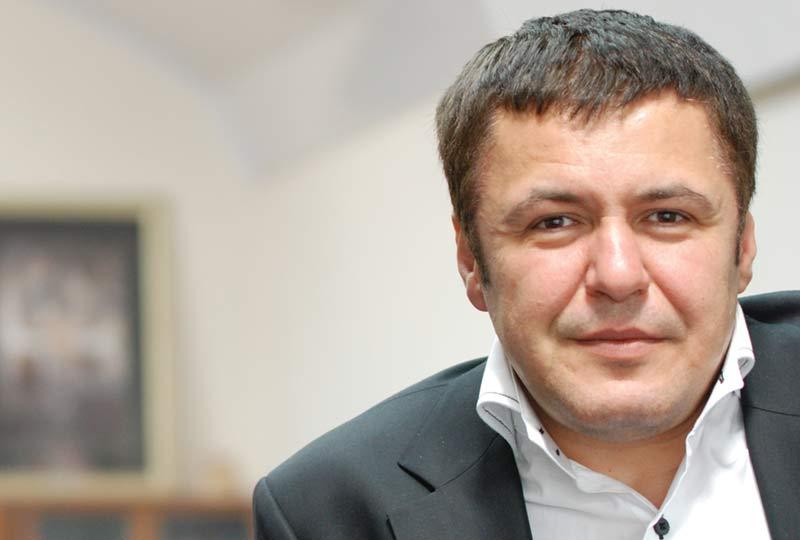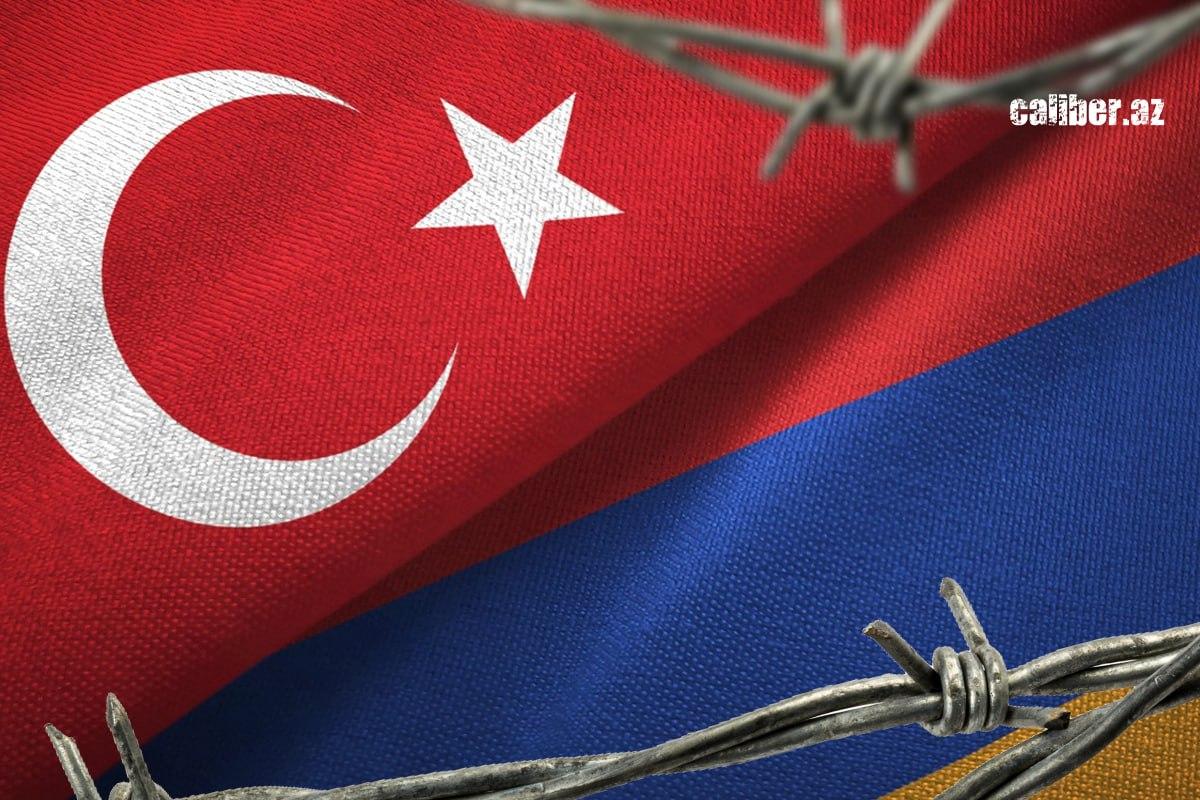Armenia's leadership eyes opportunities for peace amidst regional dynamics Better late than never
Caliber.Az presents a blitz interview with the Turkish political scientist, candidate of historical sciences, expert on the Middle East, associate professor of the Department of Foreign Regional Studies at Moscow State Linguistic University Iqbal Durre.

- Mr. Durre, how do you assess the process of delimitation and demarcation of the border between Armenia and Azerbaijan? Does this step increase the probability of signing a peace agreement?
- Of course, I have a positive view of the process that has begun, and naturally this makes it much more likely that a peace agreement will be signed.
- Do you think that the upcoming meeting of the Foreign Ministers of Azerbaijan and Armenia in Almaty will be effective for the normaliSation of relations between Baku and Yerevan?
- In general, I would like to draw attention to this. As you know, in politics, ambition is of course important and perhaps even necessary, but there is a second component that is much more important. I mean an objective assessment of one's own capabilities, as well as the capabilities and interests of one's allies. Understanding these aspects reduces the likelihood of confrontation. It seems to me that with a slight delay, but still the leaders of Armenia have realized it. As they say, better late than never. On this basis, it seems to me that all parties to the conflict are interested in seeing peace finally come. I mean not only Baku and Yerevan, but also Moscow, Ankara and Tehran. That is why I think the talks in Almaty will be held in a constructive format.
- Is there any possibility of progress between Armenia and Türkiye in the near future?
- Everything depends on how and when the issues between Azerbaijan and Armenia will be resolved and a peace agreement will be signed. I don't see any other problems. As the latest statements of the leaders of Türkiye and Armenia show that the sides are ready to leave historical grievances aside and act based on the existing realities and interests. Therefore, as soon as a peace agreement is signed between Baku and Yerevan, the Turkish-Armenian border will open and the existing restrictions will be lifted.

- Do you admit Armenia's turn towards the West in the medium term?
- The answer to this question is closely linked to how and when the conflict in Ukraine will end.
- Do you think Moscow will be able to keep Armenia in the orbit of its influence?
- It all depends on the situation in Ukraine. If there is a victory as Moscow sees it, then yes, I think it can. If not, it will not be able to. I am sure that Russia will win in the end. But the question is when? The fact is that time is passing, and the people of Armenia, please note, I am not talking about the leadership, I am talking about the Armenian population, are more and more mentally detached from Russia every day, and this is a problem.
- How likely is a full-scale war in the Middle East involving Iran?
- Based on the recent events between Iran and Israel, we can conclude that no one is interested in a major war, but since no issue has been resolved, no one can rule it out either. We can see from the situation in Gaza that Israel's actions are disproportionate to the Hamas terrorist attack to be called simply a response or punishment of Hamas. No. What is happening in the Gaza Strip is more than that, and apparently Israel will not stop until it gets its way, despite the loss of civilian lives. But will Israel's success ensure stability in the region? That is the question. I think not. We should not forget that globally this whole situation and everything that is happening in the Middle East is connected with the confrontation between the great powers, with the control of transit routes and so on. So the potential for conflict, including the danger of spreading war, will appear in the foreseeable future.







